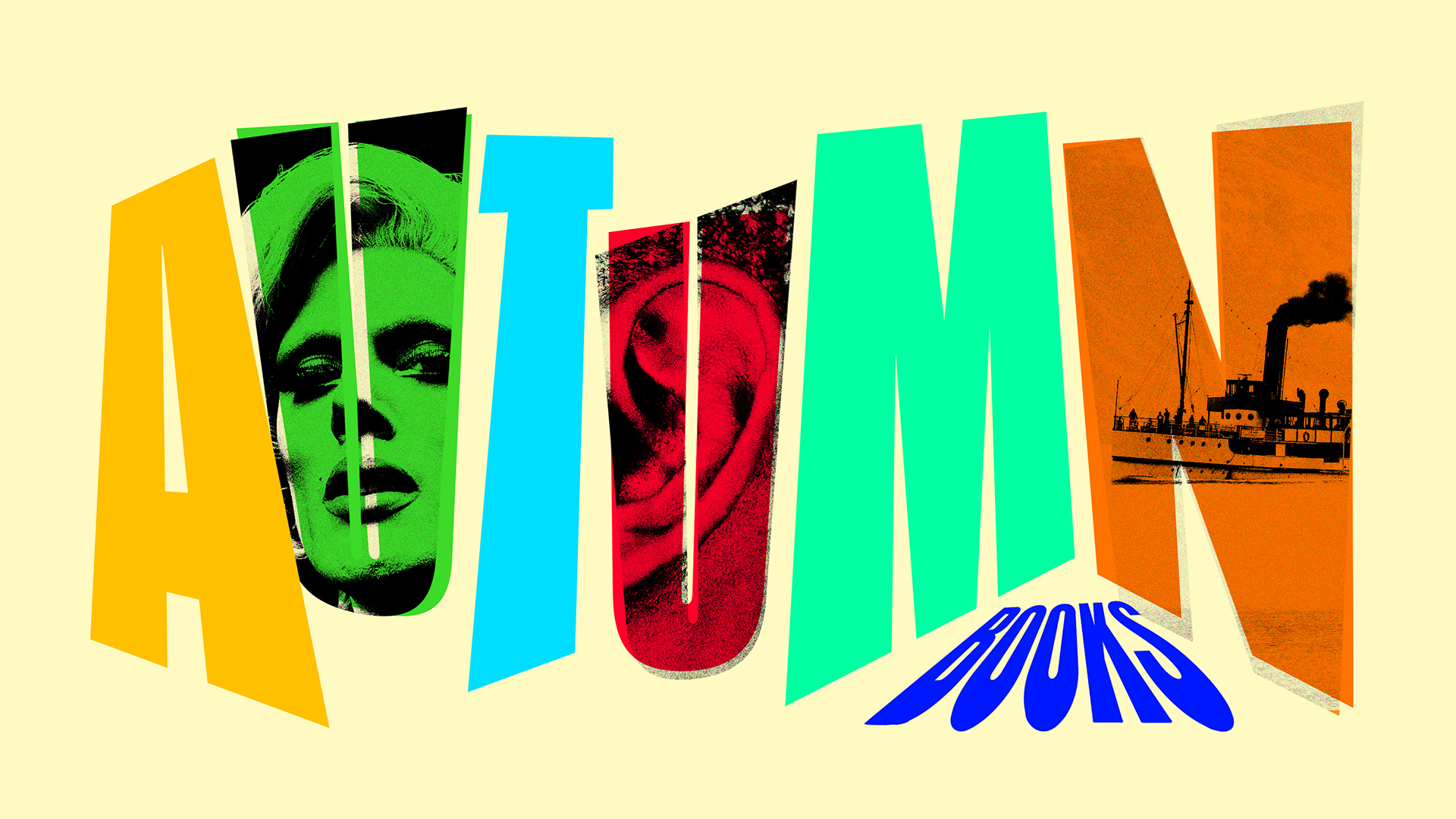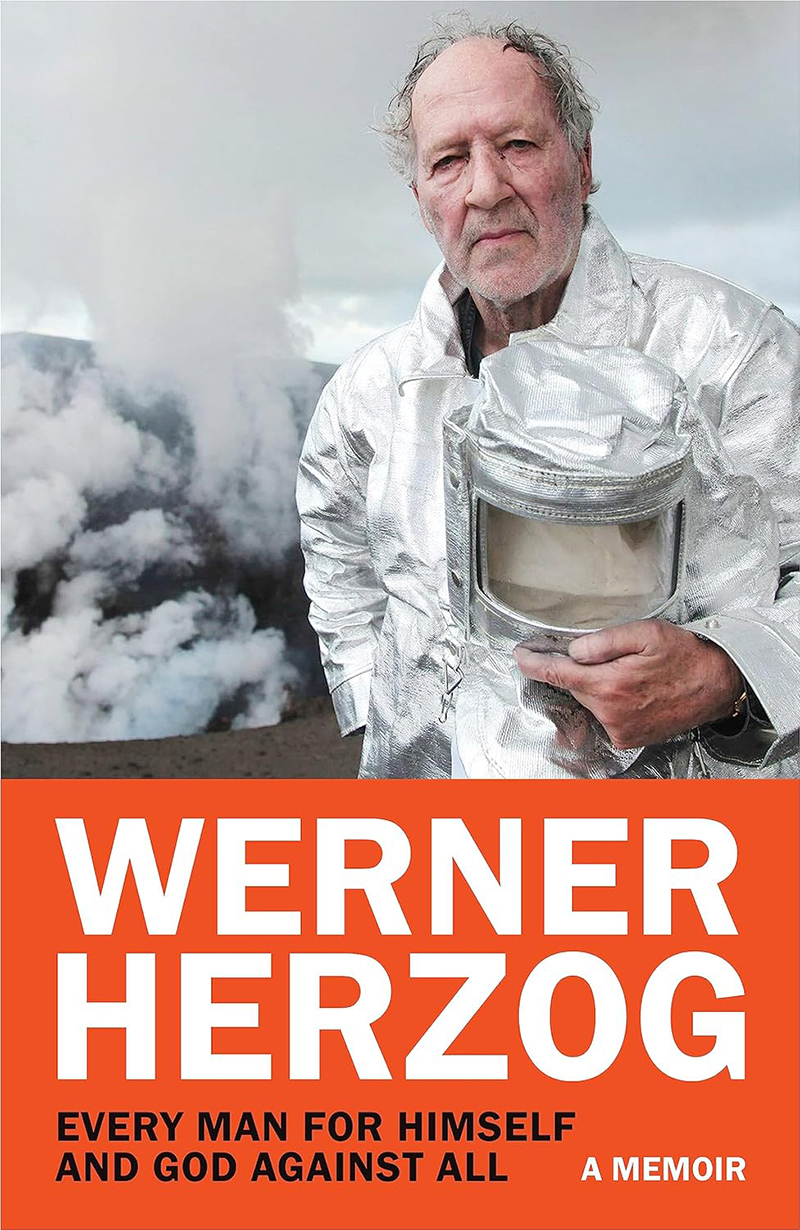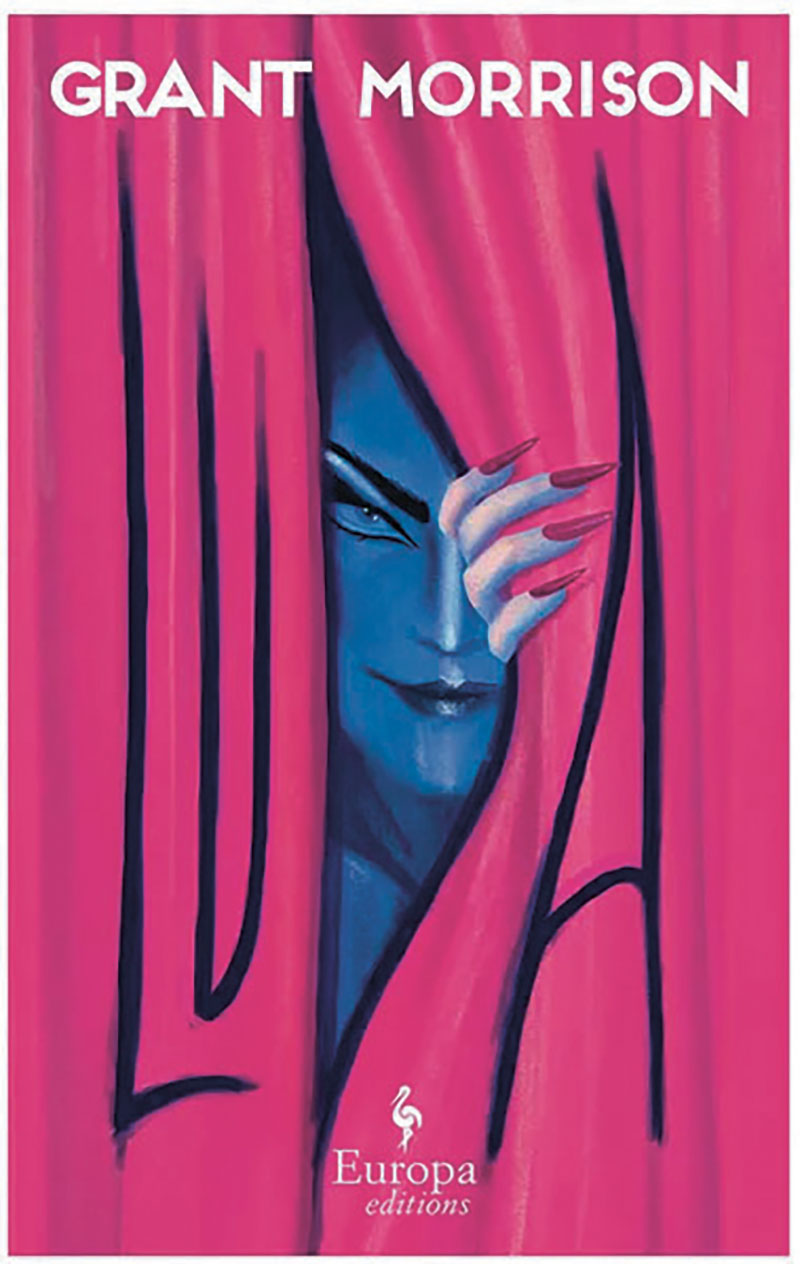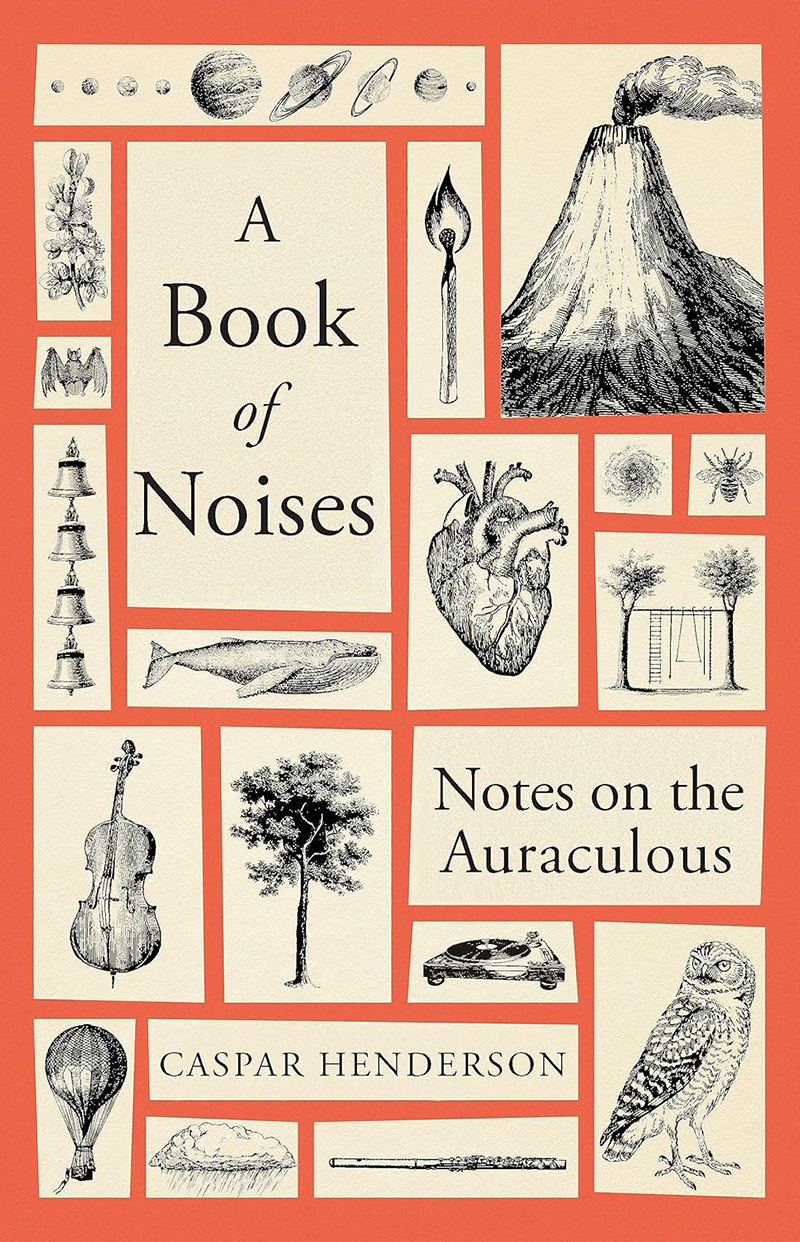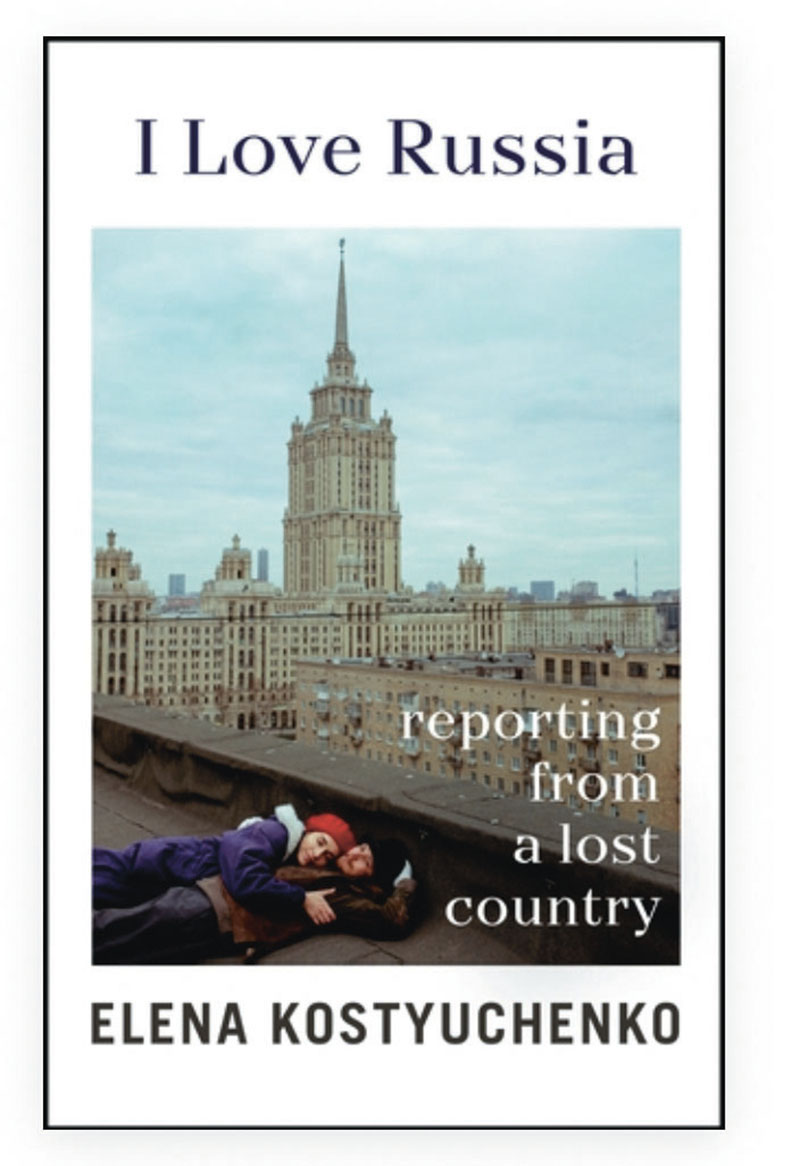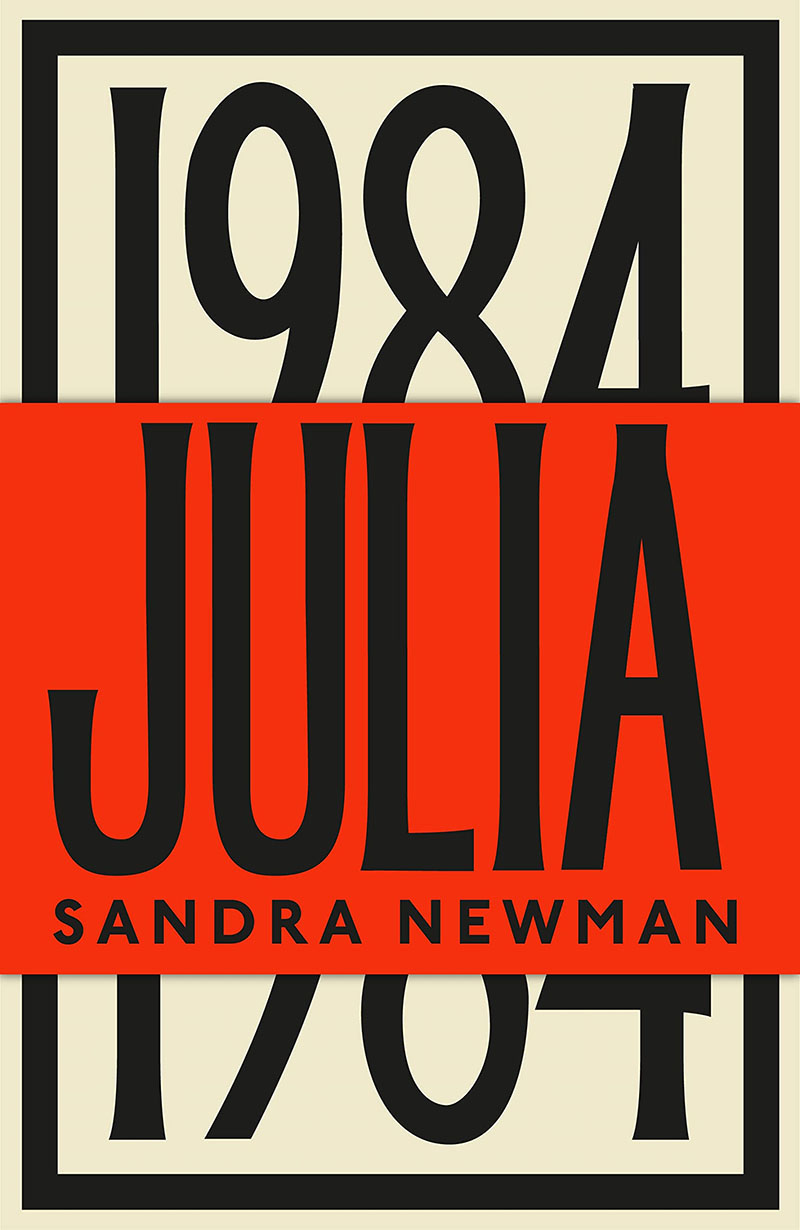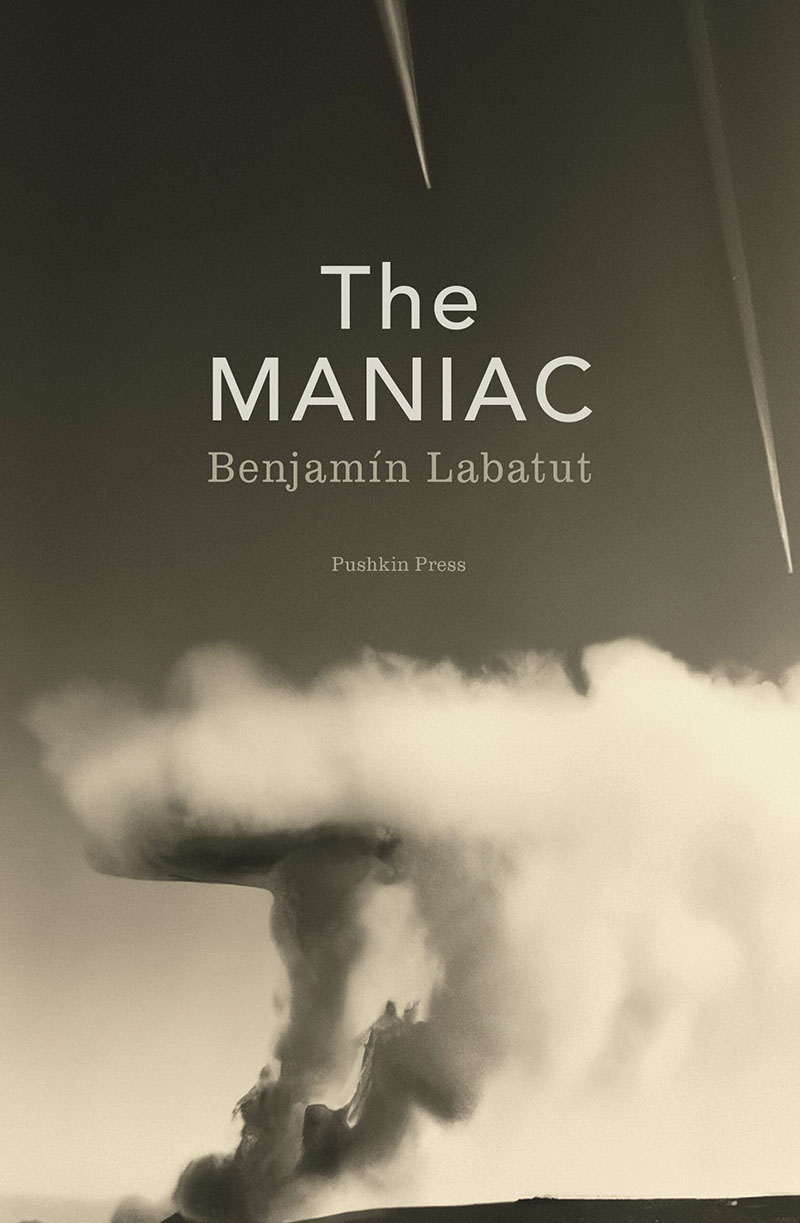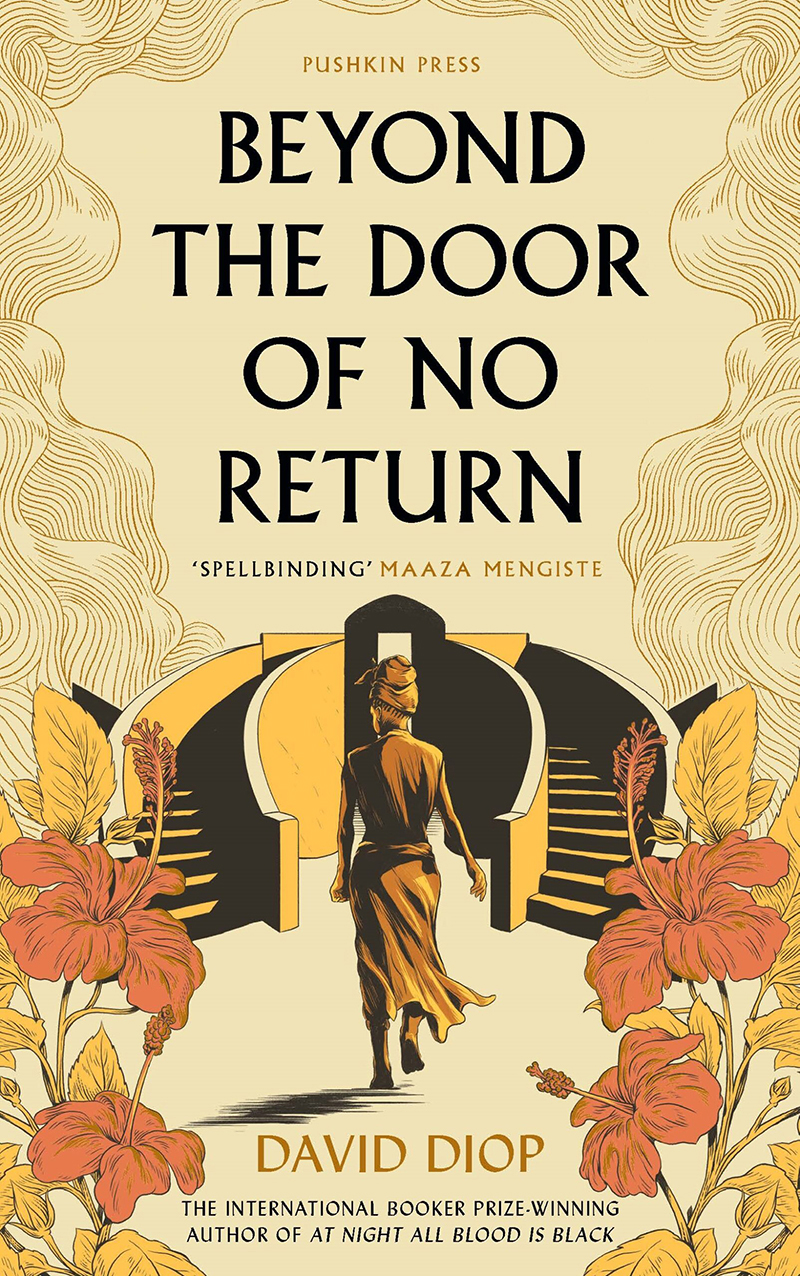(Out on 5 October, Granta, £16.99)
It is increasingly hard to find an original fact book among the current plethora of QI-inspired ‘amazing truths’ collections, and the numerous celebrations of nature and landscape. But Caspar Henderson has previous form as a standout writer of wild and wonderful imagination – his beautifully illustrated A New Map of Wonders and previous title, The Book of Barely Imagined Beings – well, even the titles will stir curious minds.
In this delightfully titled series of notes on the miraculous ‘auraculous’, Henderson documents noises emanating from humans (‘anthropophony’), the planet (‘geophony’) and space (‘cosmophony’). He revels in the everyday – the buzz of a bee – as much as he marvels at the incredible – the deep boom of a volcano. Along the way he references all kinds of unexpected sources of interest, from Moby Dick to Jurassic Park to Radiohead. A truly magnificent adventure.
I Love Russia by Elena Kostyuchenko, translated by Ilona Chavasse and Bela Shayevich
(Out on 19 October, The Bodley Head, £22)
“Would you like to know what the Russians are like today? Read this book.” High praise indeed from Svetlana Alexievich, the Nobel Prize-winning Belarusian historian celebrated around the world for her unique insights into Russia’s past. It’s not surprising that Alexievich is drawn to Kostyuchenko’s bold, revelatory approach to chronicling contemporary Russia. Like Alexievich, Kostyuchenko eschews the usual authoritative voices, and instead speaks to people who have been erased from the Russian regime’s self-portraits. She meets with the poor, the psychologically frail, young girls forced into sex work, LGBT+ communities anxiously operating in the provincial margins, doctors in a maternity hospital, law makers and breakers.
The picture she builds is devastating and grim, which is why she says she might never be able to write a book about Russia again (she will probably face a long prison sentence if she goes home). This is remarkable, courageous first-person journalism from a Russian woman who was raised a proud patriot, and now finds herself compelled to tell the awful truth of the country’s oppressive authoritarianism under Vladimir Putin.
Advertising helps fund Big Issue’s mission to end poverty
Julia by Sandra Newman
(Out on 19 October, Granta, £18.99)
By pure coincidence, two of the most interesting books of 2023 have involved re-appraisals or re-imaginings of George Orwell, both from a female/feminist perspective. Anna Funder’s Wifedom gave Orwell’s unacknowledged wife Eileen an overdue credit in the story of his life and work. Sandra Newman’s excellent Julia presents 1984 through the eyes of the secret lover of Orwell’s main protagonist Winston Smith.
Bold, eloquent, and often drawn to the psychologically unsettling, Newman is a worthy recipient of the iconic 1984 baton (and Julia has the blessing of Orwell’s estate and family). She does not suggest that Orwell’s depiction of his female character was inadequate; rather that he gave life to such a strong, compelling woman that, 70 years on, readers will be keen to discover what happens when Julia is placed into a modern context. This way, Newman can also consider the very current issue of state control over women’s opportunities, relationships and bodies.
(Out now, Pushkin Press, £20)
Benjamin Labatut is more than a writer – he’s something of a phenomenon. Born in Rotterdam, and having lived in various parts of South America, even the vagueness of this most original science writer’s nationality seems to fit his enigmatic persona. I have watched him hypnotise an audience with his funny, freewheeling conversation, peppered with witty, occasionally outrageous asides, and the odd flight of provocative fancy, and I can understand how he has amassed a collection of devotees. Physically, he’s the meeting point between Nick Cave and Noah Taylor, and his similarly rock’n’roll edge and natural charisma make him rather irresistible.
So it is with his equally seductive books of science fictional fact (or factual fiction). Both his previous, remarkable, When We Cease to Understand The World, and his latest, The Maniac, see him indulge his fascination for unique, eccentric and problematic geniuses. The Maniac focuses on Hungarian polymath John von Neumann, a superhumanly prodigious thinker who was doing complex maths and chatting in ancient Greek by the age of six. His brilliance impacted on every branch of science he touched (game theory, AI, quantum mechanics, DNA and the atomic bomb), but his prioritisation of practical knowledge above moral concerns mean that the legacy of this anti-hero is ultimately terrifying.
Advertising helps fund Big Issue’s mission to end poverty
(Out on 5 October, Pushkin Press, £16.99)
French African writer David Diop (born in Paris, raised in Senegal) wowed the world with his International Booker Prize-winning At Night All Blood is Black, an emotionally rousing take on the First World War from the viewpoint of the African soldiers sent to kill or die to defend their French colonisers. The novel marked Diop as a writer of multiple talents; a profound and eloquent poet, a powerful storyteller led by memorable, believable characters, and a passionate advocate for voices less heard and stories less told. The same skills make his new book an equally unpredictable and satisfying read. Diop’s poetic sensibility marks every sentence of this resonant story about a dying old man’s secret past, and his unforgotten passion for Maram, a beautiful, broken victim of the brutal practices of slave-trading and female-sacrificing in 18th century Senegal. This is a tragic tale, its darkness shot through by the luminous Maram, and the tenderness her memory and her legacy evoke in both the protagonist and the reader.
You can buy or pre-order these titles from The Big Issue shop on Bookshop.org, which helps to support The Big Issue and independent bookshops.
This article is taken from The Big Issue magazine, which exists to give homeless, long-term unemployed and marginalised people the opportunity to earn an income
To support our work buy a copy! If you cannot reach your local vendor, you can still click HERE to subscribe to The Big Issue today or give a gift subscription to a friend or family member.
You can also purchase one-off issues from The Big Issue Shop or The Big Issue app, available now from the App Store or Google Play.
Advertising helps fund Big Issue’s mission to end poverty
